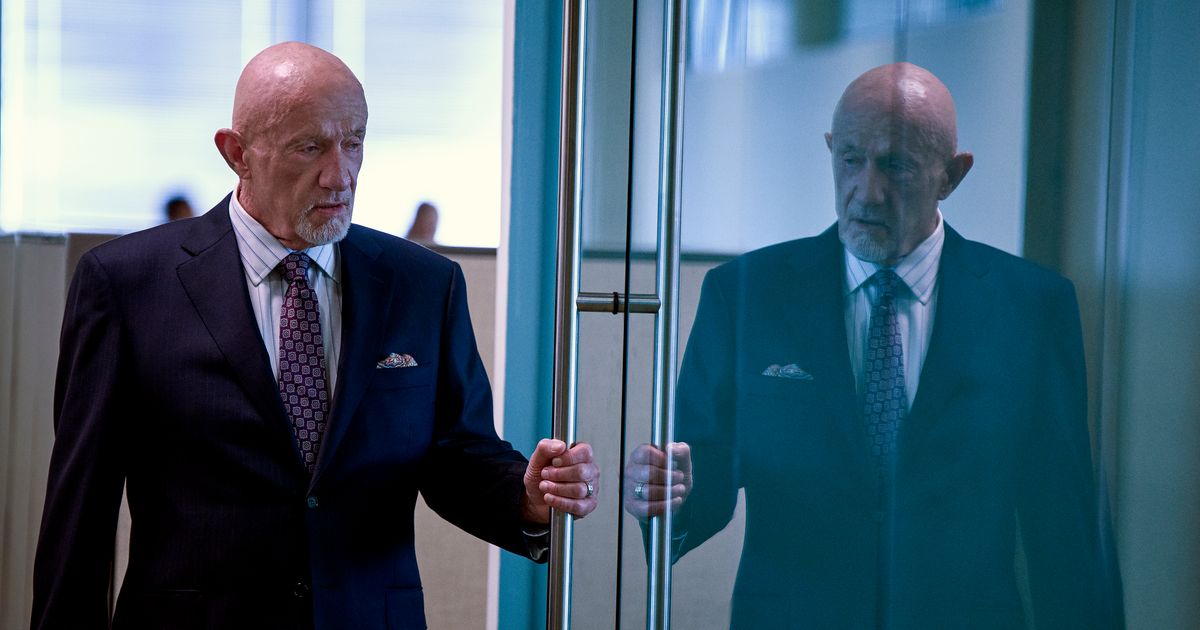
"The Beast in Me is a totally ridiculous show that does not seem so at first. You might start out thinking it's a prestige psychological thriller: Claire Danes plays a Pulitzer-winning writer named Aggie Wiggs who is neck-deep in grief, writer's block, and upkeep costs for the elaborate Long Island manse she bought with her book money; Matthew Rhys is Nile Jarvis, the real-estate scion who moves in next door to Wiggs and who may or may not have killed his wife."
"We open on Banks's Martin Jarvis in a palatial estate, lounging and watching two young boys roughhouse. One has the other in a headlock and is whaling on him. Given the age gap, you immediately think they're his grandkids. But then the pummeled kid yells "Dad!" and a woman decades younger than Martin chastises him for not breaking it up. "I'm letting them work it out," he says in his slow, terrifying way of speaking. The victorious child approaches and complains, "He started it!," to which Martin proudly replies, "And you finished it," giving the kid a glass to ice his eye and ordering him to clean up."
"In that moment, The Beast in Me sets aside its prestige-TV affect and presents us with a giant ham sandwich. We learn these details in relatively quick succession: Martin is Nile's father, the young woman is his second wife, and the reason he has this additional pair of very young sons is because Nile, his adult firstborn, does not wish to have children, and Martin wants to continue the Jarvis family line so badly that he made his first wife endure multiple miscarriages."
The Beast in Me follows Pulitzer-winning writer Aggie Wiggs as she navigates grief, writer's block, and the upkeep of an elaborate Long Island home. Nile Jarvis, a neighboring real-estate scion, arrives with a mysterious past and possible involvement in his wife's death. Aggie and Nile develop intense, non-romantic chemistry that complicates the narrative. Jonathan Banks appears as Martin Jarvis, a domineering patriarch whose actions to preserve the family line reveal abusive dynamics and jarring tonal shifts. The show's third-episode turn reorients the series from austere psychological drama to overt, melodramatic spectacle.
Read at Vulture
Unable to calculate read time
Collection
[
|
...
]